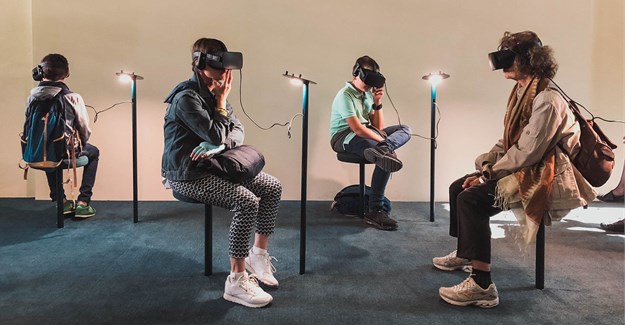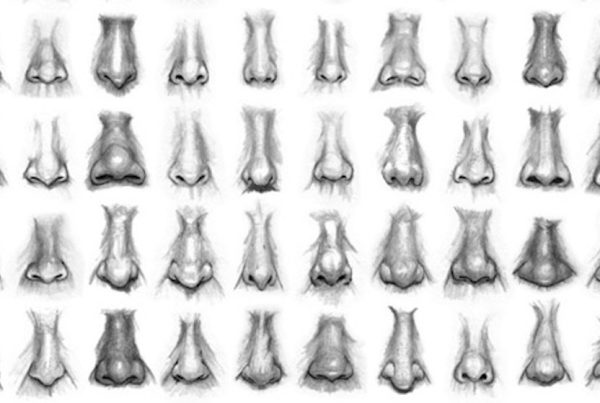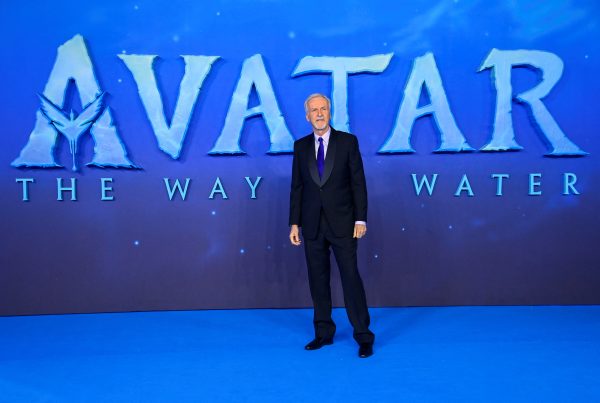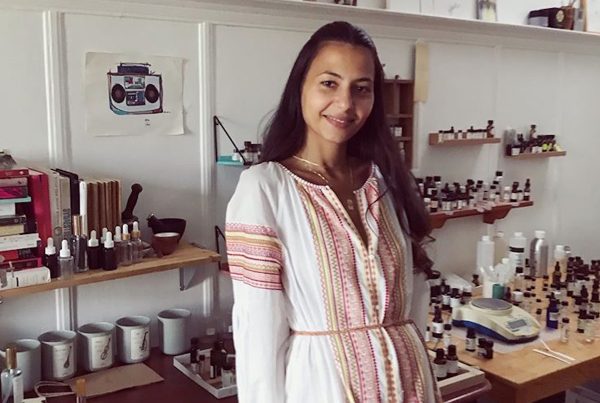Using virtual reality (VR), augmented reality (AR) and gamification in your experiential marketing, you can create a multi-sensory experience that not only places the customer in your brand story but invites them to stay there for a long time to come.
It has been proven that using technology in this way in the buyer’s process attracts buyers, lengthens their time at dealerships, and even forms a stronger emotional attachment to a car that they co-created.
But it’s not enough to create a one-off gimmick. VR, AR and gamification are most effective when it takes the customer on a journey through a buying experience they never expected. It’s when brands find a way to become a part of the customer’s life moments that ”brand love” is born.
Creating moments of immersion builds experiences that what will leave the customer changed and elicits an emotion that money can’t buy. Coupled with clever activations, the technology available to us can stimulate every one of the senses. And depending on the mode of immersion used, the experiences can be directed at 100 or 100,000.
I’ve curated four examples of experiences created using technology or a combination of technology and tactile, to give you ideas to use in your industry to capture the attention, or rather the adoration, of customers:
In 2016, Dutch DJ Martin Garrix partnered with 7 Up to host an extrasensory concert for the deaf community. The resulting “Music Lifts You Up” video premiered during Ultra Fest in Miami and received viral media coverage.
Together with immersive experience artists, Fake Love, they incorporated motion, vibration and stunning visuals to help the concert-goers ‘feel’ and ‘see’ the music. With walls of speakers, LED boxes of water that moved with the music, platforms to stand on that vibrated to the beat, and even a special backpack that vibrated the sound right through their chests, his guests were euphorically happy.
What did 7 Up get out of it? A phenomenal amount of brand capital, but a moving comment from one of the attendees says it all: “It was the best night of my life.”
The 7 Up gig taught us that the experience doesn’t need to have anything to do with your actual product. Communicating the personality or character of your brand can be enough to create magic.
“The Glenlivet Code” tests the palates of whisky connoisseurs – Gamification and AR
AR-enabled product packaging can double as a brand’s owned media channel speaking directly to their customer. In 2018, would-be whisky connoisseurs jumped at the Glenlivet augmented reality whisky-tasting experience in partnership with Shazam.
When customers opened the app, master distiller Alan Winchester came to life, challenging users to mini-games to identify and isolate ingredients by selecting the four aromas for the nose and flavours of the whisky. He also engaged and immersed them in the mysterious back-story behind Glenlivet’s distinctive taste. Tasters were given a score which they could share to social media.
Because of the extra value offered to customers post-purchase, they upped the brand loyalty and reached a completely new demographic to boot.
Samsung and Nasa Moon Walk – VR and 4D
The exhibit, titled A Moon for All Mankind, opened to the New York public in July 2018 through to July 2019 – in honour of the big 50th-anniversary celebration of the moon landing in 1969.
An extensive support rig and flight suit supported participants, while attached to a load-bearing system like the Active Response Gravity Offload System used at the Johnson Space Center in Houston to train real astronauts. Wearing a helmet with Samsung’s Gear VR goggles, users went on a mission to explore the moon surface and plant a flag.
The experience combined tech, awe and an emotionally-charged moment in history to create an unforgettable experience for those who tried it and plenty of the right coverage.
Merrell Trailscape Experience – VR and motion capture and tactile elements
Merrell created a VR experience called Trailscape to launch its newest hiking boot, the Capra. Participants could walk (carefully) along with a stage set that simulated a mountainous trail, mapped to the virtual experience to create a new level of immersion.
Tactile elements such as rope walkways and shaking wooden planks, while motion capture allowed adventurers to explore the mountainside. Merrell created this powerfully immersive experience at the Sundance Film Festival.
The brands that inspire us, tell stories we can relate to. The brands we love and remember, tell stories that cast us as the main character. Using technology, we can create extraordinary experiences and bring customers on board as co-creators. It’s an exciting time to be a digital marketing agency.
Source: VR/AR/gamification – Placing your customer inside your brand story with experiential marketing













